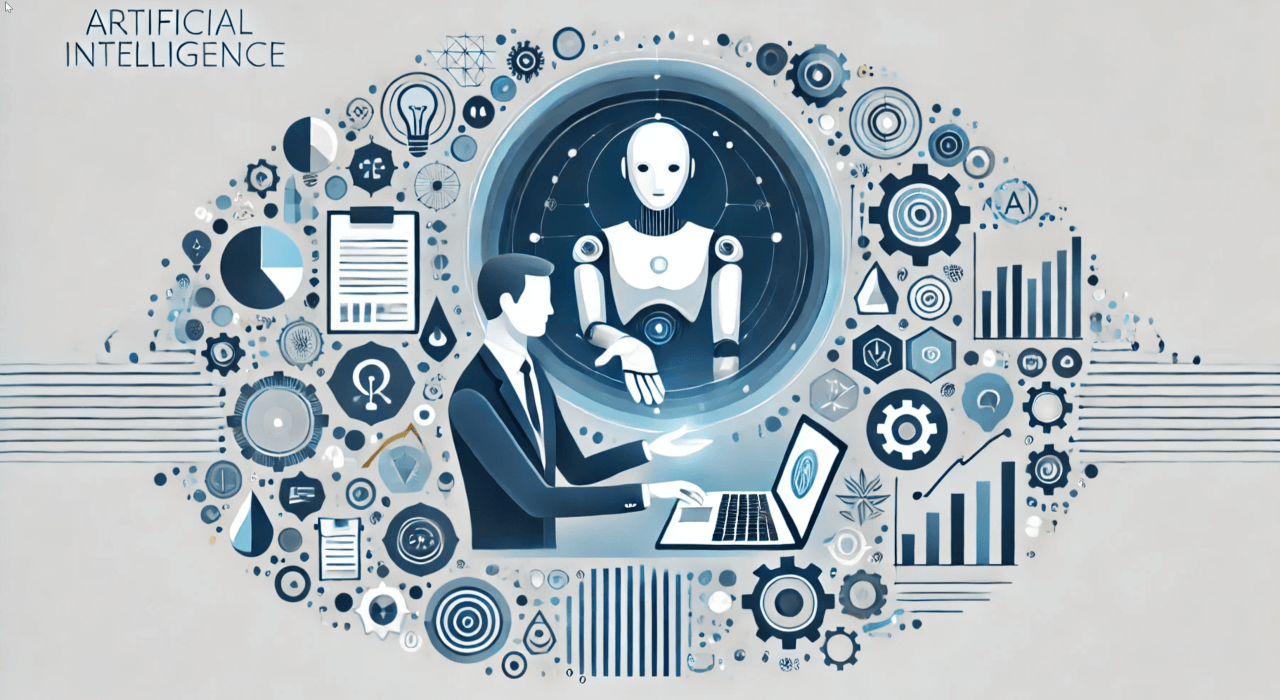Artificial intelligence is transforming how we create, analyze, and problem-solve. As AI tools become more advanced, a question arises: Is using AI a shortcut, or just a smarter way to work?
Why Some Think AI Is ‘Cheating’
Many hesitate to embrace AI, fearing it diminishes human effort. Whether writing an article, crafting a marketing strategy, or conducting research, some view AI as an unfair advantage—like looking up answers in a textbook. But history shows that every technological breakthrough has faced similar skepticism.
From calculators in classrooms to spellcheck in writing, new tools often meet resistance. Yet, these innovations don’t replace human skills; they enhance them. AI follows the same trajectory, automating repetitive tasks so we can focus on creativity, strategy, and deeper thinking.
Ethical AI Use: Setting the Right Boundaries
AI is a powerful tool, but responsible use is essential. Without oversight, AI-generated content can spread misinformation, reinforce biases, or dilute originality. To ensure ethical use, follow these best practices:
Transparency – Be upfront about AI’s role in content creation.
Verification – Cross-check AI-generated insights for accuracy.
Human Oversight – Treat AI as an assistant, not a replacement for critical thinking.
Attribution – Acknowledge AI’s contributions where appropriate.
AI should enhance human intelligence, not replace it. The concern isn’t that AI will “cheat” for us—it’s that some may misuse it.
AI as a Productivity Tool, Not a Replacement
New technologies have always expanded human capabilities. When search engines became mainstream, people worried about declining memorization skills. When social media analytics emerged, marketers feared a loss of intuition. Yet, in both cases, professionals who adapted became more effective, not less.
AI works the same way. It speeds up workflows, automates tedious tasks, and provides insights that would otherwise take hours to compile. For professionals in marketing, business, and education, AI isn’t about replacing expertise—it’s about optimizing time and focusing on what truly matters.
AI in Education and Business: A Balanced Approach
Rather than resisting AI in learning and business, we should integrate it responsibly.
Education: Schools can use AI to teach students critical thinking—training them to analyze, refine, and fact-check AI-generated content instead of blindly accepting it.
Business: Companies should establish guidelines for AI use, ensuring it supports ethical practices while maintaining authenticity.
Organizations that embrace and regulate AI will gain an edge over those that resist it.
The Verdict: Smart AI Use Is Not Cheating
Is using AI a form of cheating? Only if we choose to see it that way. If we recognize AI as a tool that extends human intelligence, the question isn’t whether it’s ethical—it’s how to use it effectively and responsibly.
The key is balance. AI should manage repetitive tasks, allowing humans to lead with creativity, strategy, and ethical decision-making. When used wisely, AI isn’t a shortcut—it’s a tool that helps us work smarter, think bigger, and achieve more.
